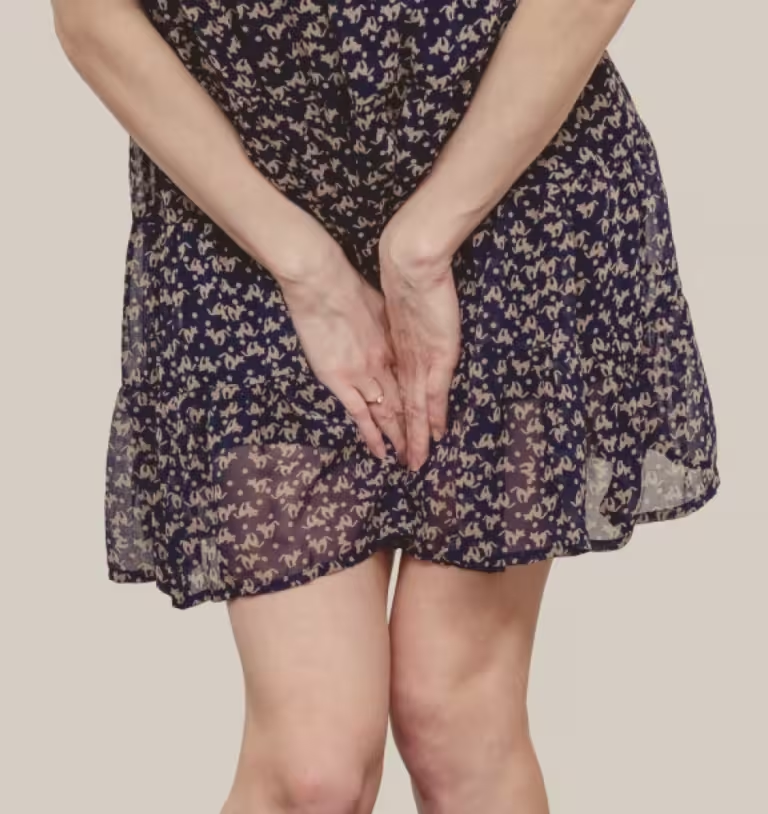•Tighten V Part
•Improve Vaginitis
•Strengthen Pelvis Floor Muscles
•Postpartum Recovery
•Solve Urine Incontinence
•Improve Intimate Relationship Quality
•Increase Moisture of Vaginal Secretion
•Delay Menopause


– Women who are trying to conceive
– Postpartum mothers
– Women with sedentary lifestyle
– Women with weak pelvic floor muscles
– Women with urinary incontinence
– Natural weakness of pelvis floor muscles
– Women who wish to improve intimate relationships
– Elderly who have weak pelvic floor muscles
The main cause of urine leakage is closely related to the weakening of the pelvic floor muscles. Factors such as pregnancy, vaginal delivery, large fetuses, use of forceps, and lack of recovery training for the pelvic floor muscles after birth, as well as holding and lifting heavy objects, can all contribute to the weakening of the pelvic floor muscles and tendons.




